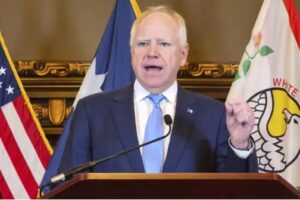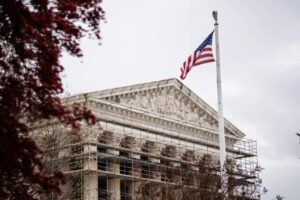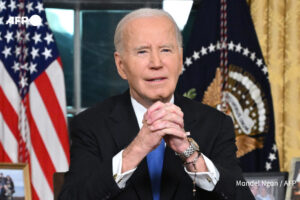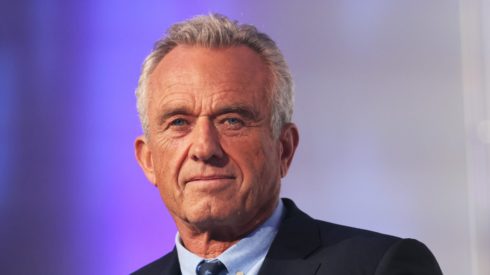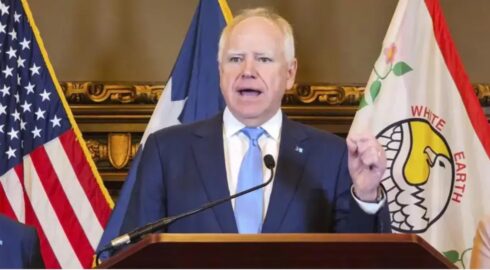Robert F. Kennedy Jr., the well-known environmental activist and independent candidate in the 2024 presidential race, has launched legal action in North Carolina, a critical swing state, to have his name removed from the election ballot. This move comes after Kennedy suspended his campaign in several key states and endorsed former President Donald Trump. However, Kennedy faces significant challenges in North Carolina, where election officials have already printed 1.7 million ballots and are set to begin distributing them this week for absentee and early voting.
The North Carolina State Board of Elections has resisted Kennedy’s request, citing the impracticality of reprinting the ballots at this late stage. The board, split along party lines, voted three to two against Kennedy’s petition. The former candidate’s legal team argues that leaving his name on the ballot could inadvertently harm Trump’s chances in this battleground state, which is pivotal for securing an electoral victory.
Ballot Printing Dilemma in North Carolina
North Carolina’s State Board of Elections issued a statement on August 29, highlighting the logistical and financial challenges posed by Kennedy’s request. The board emphasized that reprinting the ballots would be both impractical and costly, as the state law mandates a strict deadline for the commencement of absentee voting. The request for Kennedy’s name removal came after the state had already printed 1.7 million paper ballots, with an estimated cost of hundreds of thousands of dollars to produce new ones.
Despite these concerns, Kennedy’s legal action aims to compel the state to reprint the ballots, arguing that his presence on the ballot could split the vote and ultimately benefit the Democratic candidate. North Carolina, which has traditionally leaned Republican in the last two presidential elections, is considered a battleground state, with recent polls showing Vice President Kamala Harris leading by a small margin. The state’s shifting political landscape makes it even more crucial in the upcoming election.
RFK Jr.’s Broader Campaign Suspension and Trump Endorsement
Robert F. Kennedy Jr.’s legal action in North Carolina is part of a broader strategy following his decision to suspend his campaign in several competitive states. On August 23, shortly after the Democratic National Convention, Kennedy announced the suspension of his campaign in 10 key states, including the critical swing states of Arizona, Georgia, Michigan, Nevada, North Carolina, Pennsylvania, and Wisconsin. This move was made to avoid inadvertently aiding the Democratic candidate by splitting the vote in these closely contested states.
Kennedy’s endorsement of Donald Trump was formalized at a rally in Arizona, where he appeared alongside Trump and was later named co-chair of Trump’s transition team. Kennedy justified his decision by citing polling data that suggested his continued presence on the ballot in battleground states would likely result in a Democratic victory, a scenario he wanted to avoid due to his fundamental disagreements with the party on several key issues.
Challenges Beyond North Carolina: Legal Battles in Other States
North Carolina is not the only state where RFK Jr. is facing challenges in removing his name from the ballot. Similar issues have arisen in Wisconsin and Michigan, where state election laws prevent candidates from withdrawing their names from the ballot once they have qualified, except in cases of death. Wisconsin’s election law, for instance, explicitly states that a candidate’s name must appear on the ballot unless they pass away before the election.
However, Kennedy has seen some success in other states, managing to remove his name from the ballots in Pennsylvania, Nevada, and Arizona. The varying state laws and deadlines have made it a complex and uneven process for Kennedy as he navigates the legal hurdles in his efforts to support Trump’s candidacy in the 2024 election. His legal battles in these states will continue to unfold as Election Day approaches, with significant implications for the overall race.



